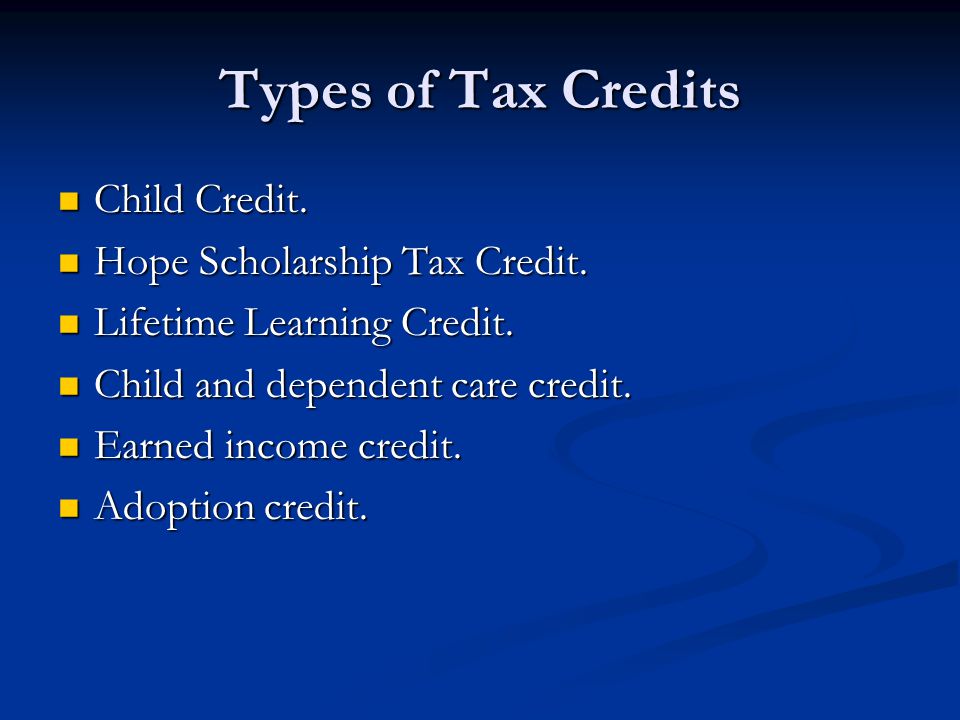
Biofuels, which are domestically produced alternatives to gasoline, produce less greenhouse gas than petrol. They have their environmental impact. This article will examine the pros and disadvantages of biofuels. We'll also discuss the economics of using them. These sources of energy can be used in a variety of ways, including domestically.
Biofuels are energy products made from biomass
Biofuels are energy resources made from biomass such as plants or grains that have a high energy content. They can be directly injected into gasoline engines without any modifications. Although most energy sources are not renewable and contribute to the greenhouse effect (the greenhouse effect), biofuels can be injected directly into a gasoline engine and are renewable, sustainable, and clean.
Biofuels come from a variety sources, including plants as well as industrial and domestic biowaste. Bioethanol, a hydrogen-carbon compound, is produced by fermentation of sugar and starch crops. For biofuel production, other biomass types are being explored, including cellulosic. Ethanol is produced in both pure and blended forms, and can be added to gasoline to improve octane ratings and improve vehicle emissions.
They produce less greenhouse gases than gasoline
A new study finds that biofuels have less greenhouse gas emissions than gasoline. This finding may lead to debate about whether biofuels actually reduce greenhouse gases emissions. Because biofuels require less energy than oil or gasoline, they are more efficient. A study by Argonne National Lab found that biofuels produced from corn stover, energy crops and soybeans could help reduce greenhouse gas emission by as much as 90%.

The study relies on historical data, not economic models, even though there are some contradictory evidence. The net energy balance method revealed that biofuels produced from sugarcane and/or lignocellulosic biofuels had lower GHG emission than gasoline. Further, biofuels produced from cellulosic biomass have the potential to reduce the burden on food and energy crops.
They can be domestically produced as an alternative to fossil fuels
Governments and farmers have increased biofuel production due to the increasing demand. Rising food prices and environmental concerns have also contributed to the rise in biofuel production. Protests in Mexico over the corn price sparked protests that prompted the United Nation's Food and Agricultural Organization (UNFAO), to warn that rising food prices would lead to social unrest within developing countries.
Biofuels are made from a variety of materials, including household and agricultural biowaste. One of the most commonly used biofuels, bioethanol, is made by fermenting sugars and starch from plants. This same process can also be used to produce biodiesel using oily seeds from plants. However, many other plants can be used to make biofuels. The selection of plants depends on the practices used in agriculture, environmental concerns and international trade agreements.
They can have negative environmental effects.
There are many environmental benefits of biofuels, but these renewable fuels can also cause environmental harm. Biofuels can be less volatile than fossil diesel, cause less pollution, or increase habitat for wildlife. Biofuels can also be made from many materials. They are therefore a cost-effective option for transportation fuels.
The use of fertilizers is one of the biggest drawbacks of biofuels. Fertilizers could cause soil or water pollution. Furthermore, the use of biofuels requires plants with a high sugar content. These crops can also be used as food. Alternatives to biofuel production are available, however they still require food crops or agricultural land.

They can increase energy security.
Biofuels are a potential solution to our energy problems. Biofuels may be a viable option for many reasons. One advantage of biofuels is their renewable nature and ability to be used as an alternative to fossil energy. Biofuels could also reduce greenhouse gas emission, which is vital if we are going to combat climate change.
Biofuels can be produced from a wide range of agricultural products. Biofuels are useful for food and feed. They can also improve water quality and soil, and enhance wildlife habitat. They can be used to create rural jobs and increase food security.